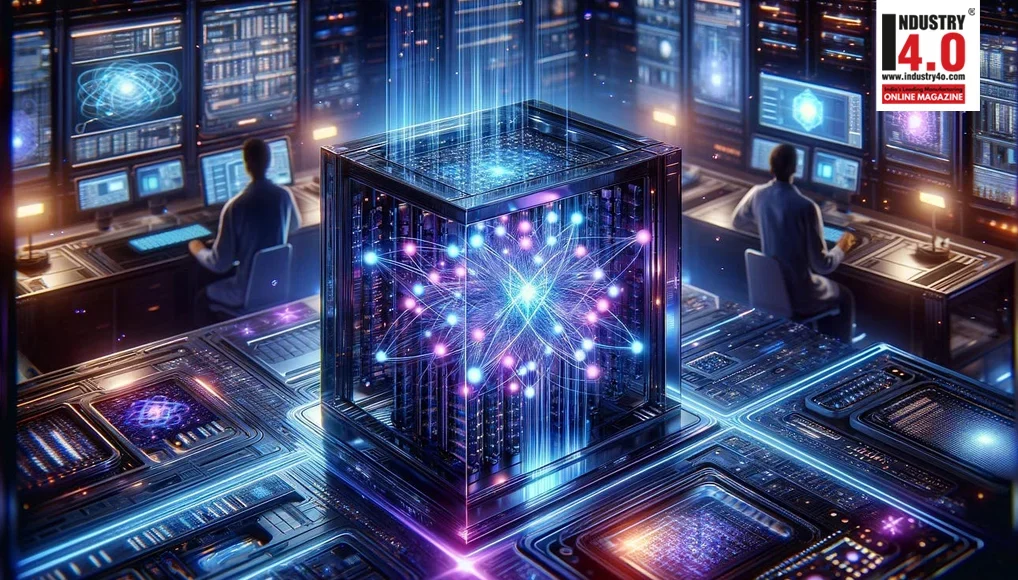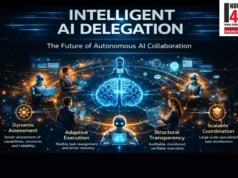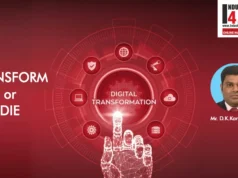Is Quantum Computing the next future ?
The future world of quantum computing technology. It’s no longer about classical bits that are either 0 or 1, it is about quantum bits, i.e., qubits. It means to exist in multiple states at the same time.
What is Quantum Computing?
The principles of superposition and entanglement are used for operating quantum computing technology. It is the best fit for exploring the vast solution spaces to tackle optimization, cryptography, and scientific simulations.
 According to McKinsey, “quantum computing is a new approach for calculating fundamental physics principles to solve extremely complex problems very quickly.”
According to McKinsey, “quantum computing is a new approach for calculating fundamental physics principles to solve extremely complex problems very quickly.”
Heads or tails? An important moment in the cricketing world is deciding how to start the match and especially which team to go first, either in batting or bowling.
However, quantum computing plays in the area where the probability of either heads or tails is still hanging around. The gray area is the simplified foundation of quantum computing.
According to McKinsey, quantum computing will be worth nearly $1.3 trillion by 2035, and it is one of the three main areas of emerging quantum technology.
The key players in quantum computing technology are Rigetti, IonQ, Xanadu, and PsiQuantum.
One of the greatest beneficial advantages of quantum computing technology is its entanglement feature.
 Qubits, the unique ones, can interact with one another and are also able to scale exponentially. It means the ability to store and process four bits of information, and three can process eight. The exponential makes quantum computers more powerful than classical computers.
Qubits, the unique ones, can interact with one another and are also able to scale exponentially. It means the ability to store and process four bits of information, and three can process eight. The exponential makes quantum computers more powerful than classical computers.
Why Quantum computing technology is in demand?
The unique ability of the qubits is their capability to interact with each other, thereby increasing the number of different calculations simultaneously.
Well, one of the major reasons for quantum computers to be faster than traditional computers.
The ability to perform calculations simultaneously allows quantum-computers to deliver a wider range of possible answers than just one clear answer from classic computers.
However, as cool as it sounds, it is not easy to develop quantum computers compared to classical computers.
About the author:

Ms. Sagorika Roy
Industry 5.0 Ambassador
Ms. Sagorika Roy can be contacted at:











